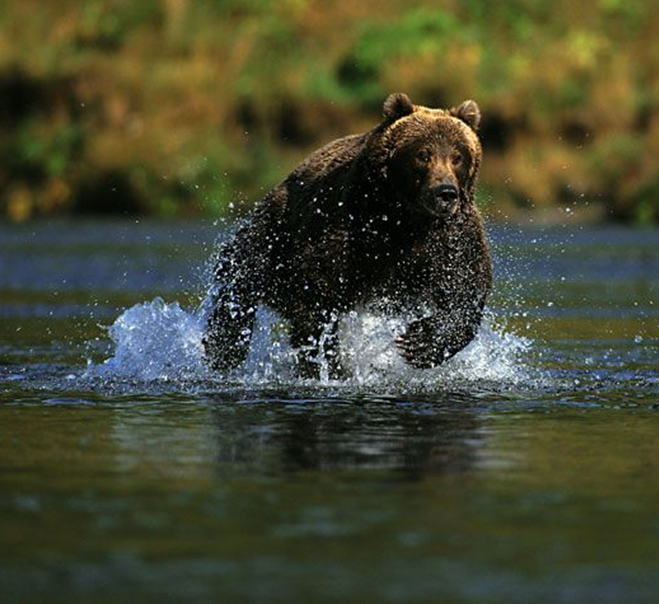
| Home | FAQs | Book Contents | Updates & News | Downloads |

In competitive games the rules are often designed to reward skill over luck. Take tennis as an example, if the one player has a 51% chance of winning each individual point then the chance of them winning a five set match is more than 65%. A player with a 54% probability of winning each point will win more than 19 matches out of 20.
There are many areas where this type of "non-linear" relation of input to result is to be found, another example is revealed by a simple economic game. Suppose we have a room with 20 men and 20 women who are told that each mixed sex couple get $100. Every pair would negotiate how they are to divide the spoils and we'd expect that, on average they'd get $50 each. If, in contrast, we were to do the same with 21 men instead then the result we'd expect would be very different, each woman could use the "spare" man to drive down how much to give her partner, threatening to switch unless he accepted less, so we'd expect the men to accept $1 while the women take $99. This type of abrupt cut-off is a characteristic of competition.
In the real world of business there are some occasions when what started as a slight advantage is strengthened by continual success, for example: Gillette's domination of the razor market; Microsoft's domination of business computers; and Standard Oil's domination of the oil industry before its break up in 1911. Those unconstrained processes are not the norm, usually beyond a certain size limits to growth kick in. For example, some countries might deliberately select less lucrative bids in order to encourage competition and reduce their reliance on what they see as an overly dominant oil company. The way oil companies set up partnerships has the effect of diluting risk, but it also hides differences in effectiveness.
The results of any company are determined by their least efficient elements, just like an army marching at the speed of its slowest soldier. My personal belief is that the handling of technical data is the limiting factor in many oil companies. Data management has been subjected to so many years of "efficiency drives" that the current processes, tools and techniques are only just adequate, continuing to function only because of the heroic efforts of underappreciated (and under rewarded) staff. If the handling of data in an oil company attracted the levels of spend that, for example, the aerospace industry now applies, then suddenly there would be a transformation of the overall business outcomes.
The main competition for any particular animal is provided by other members of its own species. The gazelle might be wary of the cheetah but the main thing that limits the number of successful calves born to it each year is how much of the available food is eaten by other gazelles. There is an old joke, two men are camping when they hear an angry bear crashing through the forest towards them, one starts to put on running shoes, "what are you doing", says the other "you can't outrun a bear in those", "I don't have to outrun the bear" says the other "I just have to outrun you".
Article 26 |
Articles |
RSS Feed |
Updates |
Intro |
Book Contents |
All Figures |
Refs |
Downloads |
Links |
Purchase |
Contact Us |
Article 28 |